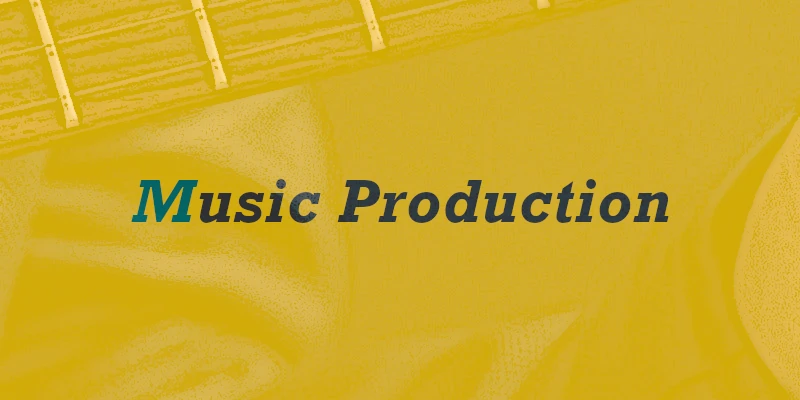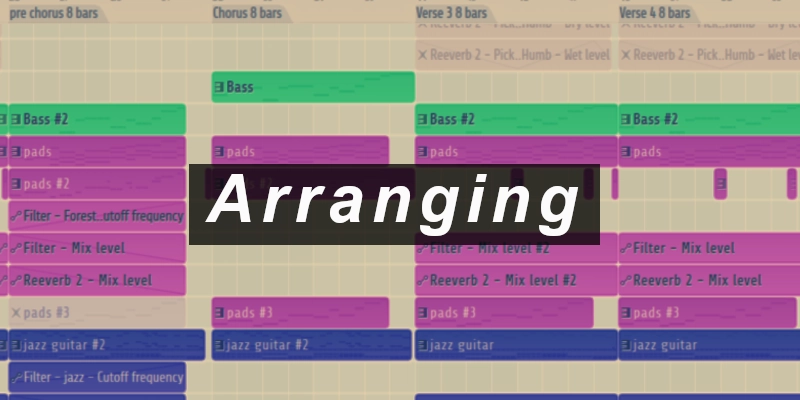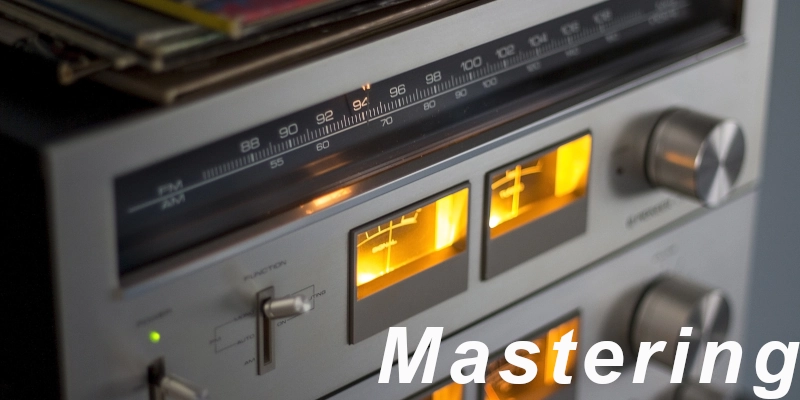
Today, anyone with a computer can be a music producer. All you need is the right software and some basic knowledge of how to use it.
But what does it take to be a good music producer, and how do you make your tracks stand out from millions of other songs? We'll cover the basics and some tips to make your tracks shine.
In this blog post, we’ll explore the basics of music production and give you some tips on how to make your tracks shine.
So you want to be a music producer? Today, it's not as difficult as it seems. With the right software and some basic knowledge, you can create quality tracks from the comfort of your own home.
But what does it really take to be a good music producer? In this blog post, we'll explore the basics of music production and give you some tips on how to make your tracks shine.
Songwriting
The process of songwriting is a very personal one, and there is no single way to go about it. However, some basic principles can help you get started.
First, it's important to be clear about what you want your song to say. What message do you want to convey? Once you know that, you can start brainstorming ideas for melodies and lyrics.
Starting with the melody is useful because it gives you a framework for the rest of the song. Once you have a basic melody, you can start working on the lyrics. Think about how the words fit the melody and try to tell the story with the lyrics.
Once you have a rough draft of your song, it's time to refine it. Notice how each section flows into the next and make sure the overall structure of the song makes sense.
You can also add or remove parts until you are satisfied with the final result.
Arranging

There is no one right way to arrange a song. The arrangement depends on the instruments you have, the mood you want to create, and how much time you have to prepare.
Here are some tips to get you started:
- Think about the general atmosphere or mood you want to create. Do you want to be energetic or gentle?
- Choose the instrument that best helps create this atmosphere. For example, if you want an energetic sound, use drums and an electric guitar. For a smoother sound, use an acoustic guitar or piano.
- Create a rough outline of the song, including the main sections (verse, chorus, bridge, etc.) and the approximate length of each section. This will help you plan where to place the various pieces and know the length of each section.
- Start with the melody. Place your main melody in the vocal part or lead instrument part. Then add backing parts to support the melody and build around it.
- Fill in the gaps with transitional elements such as intros, outros, solos and fillers. This allows you to link different sections of the song and keep them interesting
- Finally, add any additional embellishments like special effects, background vocals, or anything else that will enhance the overall sound of the arrangement.
Tracking
There are a few important things to keep in mind when tracking music production. First, you need to make sure you have a good signal-to-noise ratio. This means that the signal (the sound you are trying to record) is louder than the noise floor (all background noise).
Next, check that the levels are not clipping. If the signal is too strong it will clip and cause distortion. Clipping can be avoided by monitoring the level meters and adjusting the input gain accordingly.
Finally, it's important to monitor your recording for any unwanted bleeding. Bleed is when sound from one instrument bleeds into another microphone.
This can corrupt takes and produce muddy sounding recordings. Carefully place the microphone and use isolation techniques if necessary to avoid bleeding.
Editing

Editing is an important part of music production and there are several ways to do it. One way is to edit the track in your DAW's Arrangement window. This can be done by adding or removing pieces or changing the order of the pieces.
Another way to edit tracks is with audio editing software. You can use it to cut, copy and paste sections of your track, add effects such as reverb and delay.
Mastering

When it comes to music production, there are a few things you need to master in order to create great-sounding tracks. This includes choosing the right instruments and sounds, understanding how to mix and EQ properly, and adding effects that enhance the overall tone of the music.
Mastering these elements of music production will allow you to create professional-sounding tracks that wow your listeners.
Conclusion
Making music is a very rewarding process, but it can also be frustrating. It requires a lot of creativity, technical skill, and patience. The end result, however, can be great music that you can be proud of.
If you're thinking about getting into music production, I hope this article has helped you understand. If you're already making music, we hope it inspires you to keep making great tracks!
